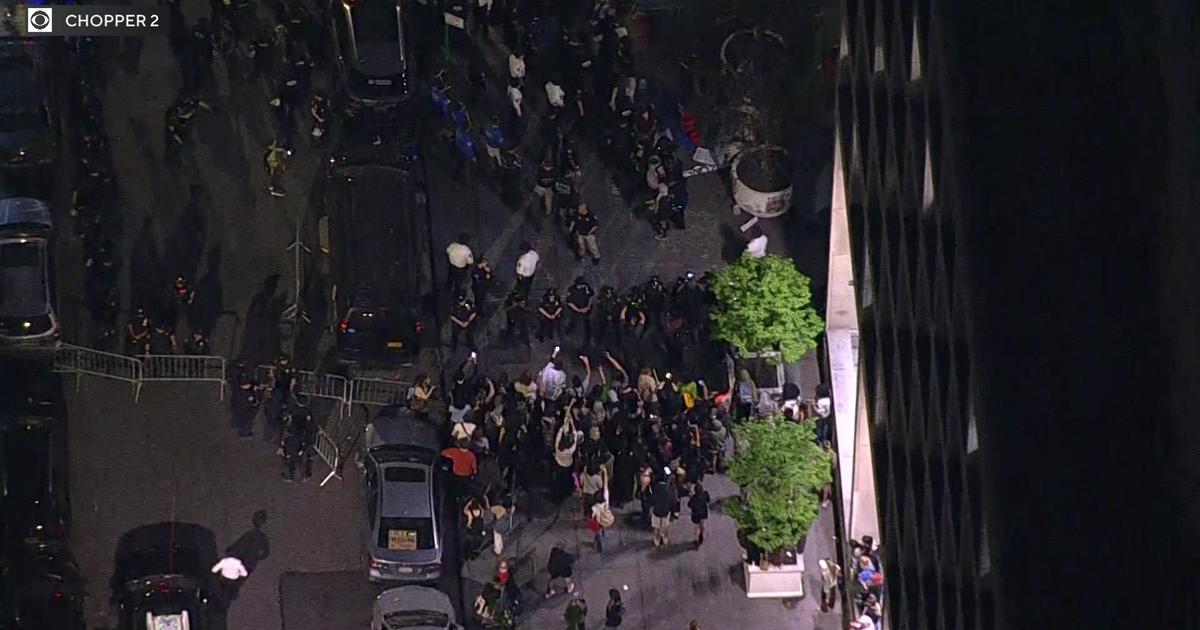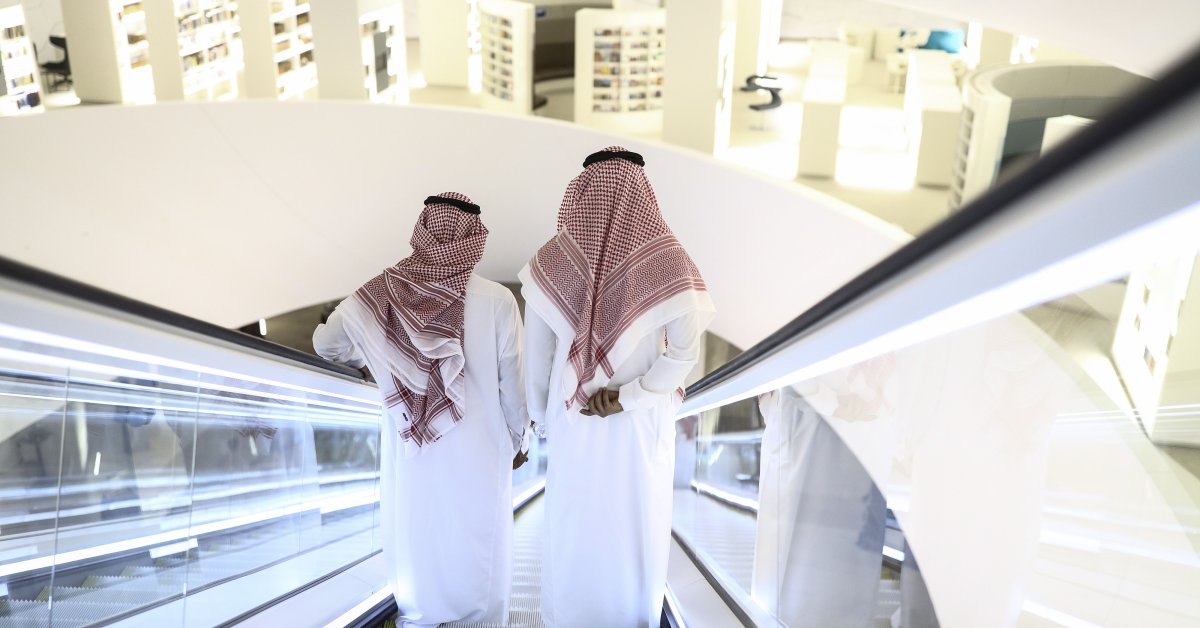In order to enhance the security of the Paris 2024 Olympic Games, authorities plan to use video surveillance with algorithms. This technology allows for the analysis of video sequences to identify suspicious or risky events or behaviors before alerting an operator in real time. However, facial recognition technology, which focuses on examining facial features of individuals and comparing them to a database, will not be utilized due to controversies surrounding its use.
Despite opposition from the Cnil, the city of Nice aims to implement facial recognition technology during the Nice carnival in 2019. However, the use of this technology raises concerns about privacy and civil liberties. While facial recognition lacks a precise legal framework, European regulations require that it comply with data protection standards. The future European regulation on Artificial Intelligence aims to restrict the use of facial recognition in real-time public spaces, except for specific crimes and with proper authorization.
Amnesty International has raised concerns about the implications of surveillance technologies like facial recognition, warning that once implemented, there is no going back. While algorithmic video surveillance will be used to identify potential threats during the Paris 2024 Olympics, critics argue that the experimentation with these technologies sets a dangerous precedent for civil liberties. Monitoring committees will evaluate the use of algorithmic video surveillance until 2025 to ensure compliance with privacy regulations.
:quality(75)/cloudfront-us-east-1.images.arcpublishing.com/elcomercio/VGNRGX6BDNDLLO3VR7PSVQUOFA.jpg)

